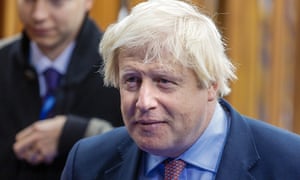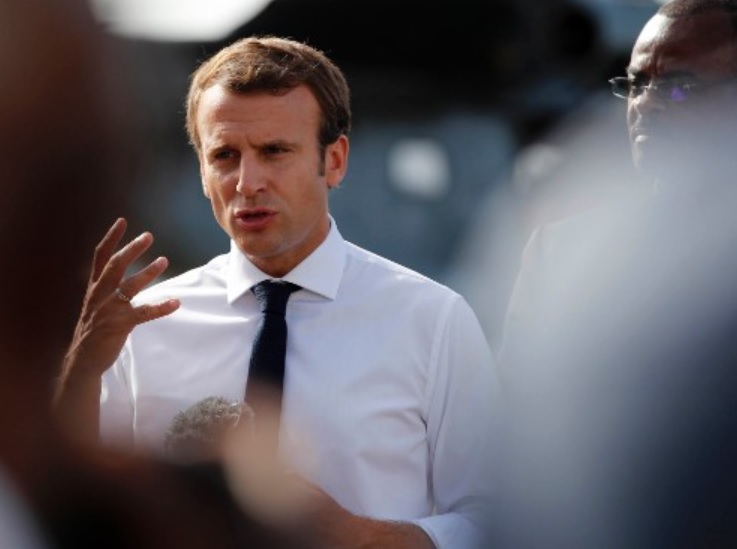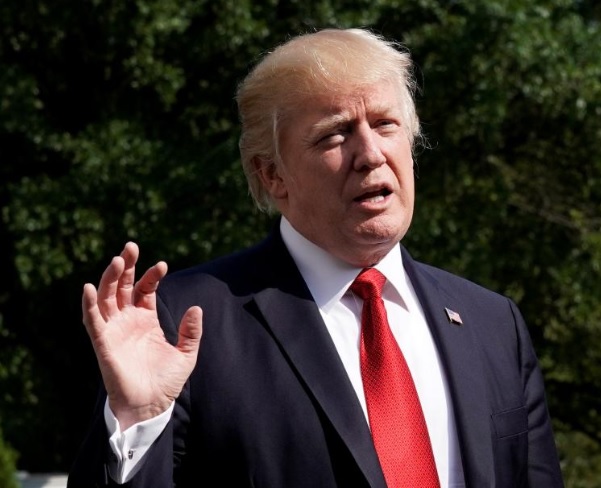Disaster politics and neo-colonialism rear ugly head in post-Irma Caribbean
By The Wayne Madsen Report
From the decimated island of Barbuda and the starving French-Dutch island of St. Martin to the devastated U.S. and British Virgin Islands (BVI) and the Turks and Caicos Islands (TCI), local governments in the Caribbean have been plagued by general indifference from their metropolitan overseers as the islands try to recover from powerful Category 5 hurricane Irma.
What is being practiced by the neo-colonialist governments of France, the Netherlands, the United Kingdom, and the United States is a form of disaster politics. The governing authorities appeared to largely ignore the initial recovery needs of Irma-affected islands as a way of punishing them for earlier calls for increased autonomy and independence.
Residents of Barbuda, a part of the nation of Antigua and Barbuda, the head of state of which is a Governor-General representing Queen Elizabeth; the French-ruled St. Martin and Dutch half St. Maarten; BVI; French-ruled St. Barts; the British colony of Anguilla, TCI, and the U.S.-ruled St. Thomas, St. Croix, and St. John are running low on food, water, fuel, and medicines. The colonial powers over these countries are all governed by pro-corporate conservative governments that were initially sanguine about rushing in disaster relief assistance and supplies. Dutch Prime Minister Mark Rutte, French President Emmanuel Macron, British Prime Minister Theresa May, and U.S. President Donald Trump waited for days after Irma struck the northeast Leeward Islands before sending military planes and ships to the islands. Many island leaders feel the assistance was too little and too late.




The neo-colonialists provided too little and too late to the Caribbean -- clockwise, left-to-right --British Foreign Secretary Boris Johnson, French President Emmanuel Macron, Dutch King Willem-Alexander, and Donald Trump
The colonialist powers were anxious to rush in public security forces to affected islands but the food, water, and other supplies came later. Many of the affected islands are part-time homes to billionaires and the arrival of military and law enforcement personnel before supplies was a hat-tip by the corporate-run governments in London, Amsterdam, Paris, and Washington to the security of the island properties of the rich and famous, not the welfare of the full-time and poor residents, who were among the most adversely affected by Irma.
Residents of St. Martin/St. Maarten have been forces to scavenge wrecked food ships for anything in the way of sustenance and nutrition, including bottled water, crackers, candy, and now-rotting fruit.
The Cuban government, which has prioritized disaster relief as a matter of national policy, quickly rushed in food, water, and other supplies to its hurricane-ravaged northern coast, including the city of Matanzas and isles such as Cayo Romano and Cayo Coco in the Camaguey archipelago.
Over 1000 residents of 62-square mile Barbuda, most of whom were evacuated to Antigua, are worried about unscrupulous billionaire developers moving on to their island to lay claim to their properties for tourist complexes. Land ownership has been prohibited on the island, a law that has led to some calls for Barbuda to break away from its larger neighbor, Antigua, and opt for independence.
Antigua Prime Minister Gaston Browne has announced that to prevent attempts by foreign interests to seize properties on Barbuda, the government will provide a crown grant of one dollar for Barbudans to obtain legal ownership of their current land. The resale of the properties can only occur with the agreement of the Barbuda Council, the local governing authority on the island. However, Browne has also negotiated a deal with the Wahhabist United Arab Emirates for it to install an 800-megawatt solar power facility and a modern medical clinic on Barbuda. Such deals with Emiratis and Saudis usually come with huge strings attached, including opening up non-Muslim countries to Wahhabist cleric infiltration of education systems and religious institutions.
On the French side of St. Martin, residents and family members on the French island of Guadeloupe responded to pleas for help with a private boat flotilla of food and water before the first French government assistance arrived.
St. Martin -- both the French and Dutch parts -- the Dutch-ruled islands of Saba and St. Eustatius, Anguilla, TCI, BVI, the U.S. Virgin Islands, and the Turks and Caicos have all demanded, to varying degrees, more autonomy from their colonial masters. Saba and St. Eustatius, without the consent of their residents, were turned into "public entities" of the Netherlands after the dissolution of the Netherlands Antilles in 2011. Rather than receiving more autonomy, these colonial territories were relegated to municipalities of the Netherlands. The same situation exists in French St. Martin. Dutch St. Maarten is an "autonomous country" governed by the Dutch king, another neo-colonialist contrivance. On September 5, 2017, just before Irma struck the Dutch Caribbean islands, leaders of St. Eustatius and Bonaire, the latter unaffected by the hurricane, complained to the Dutch parliament that attempts by the Dutch to totally annex their islands "violated their self-determination and human rights."
While British Foreign Secretary Boris Johnson, a Trump-like dolt of a political leader, was slow in responding to assistance requests from BVI, TCI, and Anguilla, most local leaders stood fast. BVI Premier Orlando Smith said, "We are a proud nation" and would bounce back from massive devastation of its islands and capital of Road Town on Tortola. London neo-colonialists do not see territories like BVI as "nations," but merely conveniences for offshore shell corporations and tax evaders.
TCI's Grand Turk, Salt Cay, South and Middle Caicos were also devastated by Irma. TCI Premier Sharlene Cartwright-Robinson, who, unlike some of her predecessors who demanded independence for TCI, is a compliant puppet of the British government and its appointed governor, was criticized for being too lackadaisical in the wake of Irma. In fact, she was forced to visit Grand Turk and the TCI capital of Cockburn Town on a Cayman Islands police helicopter. A local TCI pastor on Providenciales, clearly annoyed at the slow response of the British governor and TCI premier, told Caribbean News Now, "A British warship that will only come here for a photo shoot? We have lost a day already. Let’s us not waste any more time."
Officials of Anguilla, which has a rich history of unsuccessfully declaring independence from Britain, called the response of May and Johnson to the plight of Anguilla "disgraceful." Josephine Connor, a former government adviser to the Chief Minister of Anguilla, told SkyNews, "We in the territories feel like third-class citizens because I'd rather wager that if there were something coming like that, of the same magnitude, to the mainland U.K., I suspect that there would be far more attention being paid." It was estimated the HMS Ocean, on deployment in the Mediterranean, would take up to 14 days to reach Anguilla.
Similarly, officials in virtually bankrupted Puerto Rico and the U.S. Virgin Islands lashed out at initial inattention to Irma's destruction on their islands from the Trump administration. Residents of St. John, St. Thomas, St. Croix, Culebra, and Vieques, stunned by the ferocity of Irma, were then faced with rampant thirst and hunger due to the lack of fresh water and food. Many islanders felt abandoned by the United States.
After Irma struck the Florida Keys, many residents of the semi-farcical "Conch Republic" also complained about the late arrival of National Guard and other federal assets for search, rescue, and recovery efforts. When it comes to neo-colonialism, nobody does it better than the governments in Washington, London, Amsterdam, and Paris.
